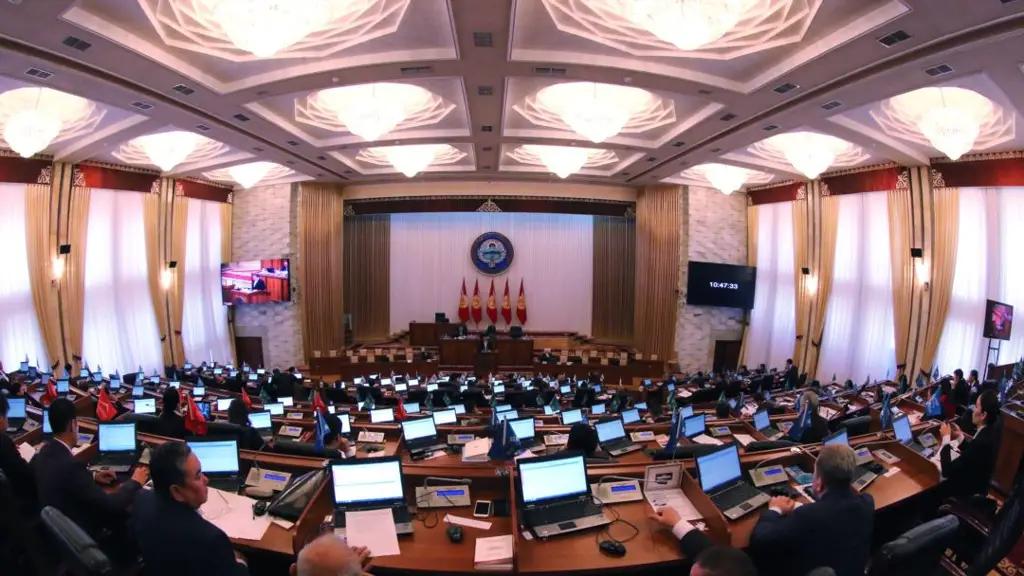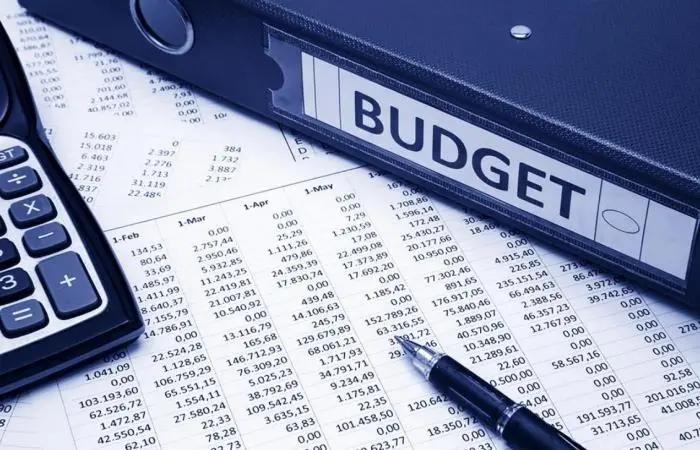
Published
07/10/2025, 11:46Since the beginning of 2025, the Jogorku Kenesh has spent more than half of its budget allocation. According to data from the Open Budget portal, its actual expenditure for January–July amounted to 815.1 million KGS, with the lion's share of funds — over 83% — going to the wage fund.
Of the 681.4 million KGS allocated for wages, 593.8 million were direct wages, and another 87.6 million were social security contributions. However, the structure of these expenditures reveals a more interesting picture, with compensation and additional payments almost doubling the accrued salaries and allowances.
The official salary of permanent parliamentary staff was 131.5 million KGS, with allowances amounting to 139.6 million. At the same time, compensation payments reached 320.9 million KGS, becoming a key element of parliamentary staff income.
Expenditure on temporary staff remained minimal at 1.6 million KGS.
Parliament's expenditure on non-financial assets — equipment, repairs and capital purchases — amounted to 244.5 million KGS. Another 92.8 million KGS were spent on the purchase of goods and services, including utilities and operating needs.
Against this backdrop, spending on social assistance to the population looks symbolic — only 135,400 KGS. This emphasises that the main priority of the Jogorku Kenesh is to ensure its own functioning, rather than programme work with citizens.
We should add that the 2025 budget for parliament is 1.5 billion KGS, of which more than half has already been spent. If the current trend continues, labour costs by the end of the year will amount to another 564.8 million KGS, bringing the total wage bill to 1.24 billion KGS.
For comparison, in 2024, parliamentary spending was more modest, at 1.36 billion KGS, with almost full implementation of the plan. At that time, the wage fund was 147.2 million KGS lower than it is now. At the same time, the basic salary was even higher than it is now, with a difference of 15.3 million KGS. However, in 2025, compensation rose sharply — almost twice as much as in the same period last year (from 164.4 million to 320.9 million KGS), which explains the increase in the Zhogorku Kenesh's expenditure this year.



